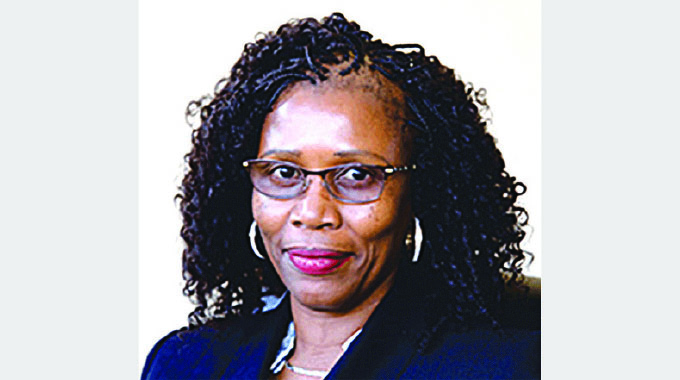Devolution legal framework on course

Blessings Chidakwa Municipal Reporter
The legally and constitutionally required building up of the provincial tier of decentralisation has now started in fulfilment of the Second Republic’s thrust of devolution that creates people-centred development.
President Mnangagwa is on record saying the implementation of devolution is in line with the vision of development that leaves no one and no place behind.
Local government at district level in rural areas and within the boundaries of towns and cities for urban areas has been empowered under the Second Republic with the allocation of effective levels of devolution funds coming through the national Budget.
This has transferred the decision making for a swathe of infrastructure capital development, especially the provision of new schools, expansion of schools and new clinics to the people who need these, on the basis they know a lot more about what they need than a bureaucrat in Harare.
Other capital spending, such as large dams, national highways and power stations, remain with the central Government, since these are national rather than purely community projects. Now, the provincial tier is being tackled, following amendments to the necessary legislation to ensure that this tier does in fact represent the communities it must serve to be effective and to keep the people-centred thrust of devolution.
Zimbabwe remains a unitary state, but at the same time where it makes sense to move development implementation and some capital spending to a lower tier of government, then this is to be done.
The Public Service Commission has now started engaging the Ministers of State of Provincial Affairs and Devolution along with their permanent secretaries countrywide over the smooth implementation of devolving of power.
In the invitation notices sent to provincial stakeholders across the country, PSC said “the purpose of the meeting is to expedited transfer of political power to provinces”.
Spelling out Zanu PF successes in driving the Government process over the past five years at its recent 7th People’s National Congress, President Mnangagwa said the implementation of devolution was inevitable.
President Mnangagwa said Zanu PF was a party committed to the well-being of the people, in both rural and urban areas.
“We are a party which will never abandon the people of Zimbabwe,” he said.
“This saw our party implement a robust, responsive and development-oriented devolution and decentralisation policy.
“The policy continues to engender the letter and spirit of participatory democracy. The people at the grassroots level now decide their own development priorities and projects, towards better service delivery and an improved quality of life among our communities.”
A Public Service Commission team engaging provinces since Monday includes the commissioners who are being led by the chairperson and senior management.
The devolution principle is enshrined in the Constitution on Section 264 titled “Devolution of governmental powers and responsibilities.”
The section said whenever appropriate, governmental powers and responsibilities must be devolved to provincial and metropolitan councils and local authorities which are competent to carry out those responsibilities efficiently and effectively.








Comments